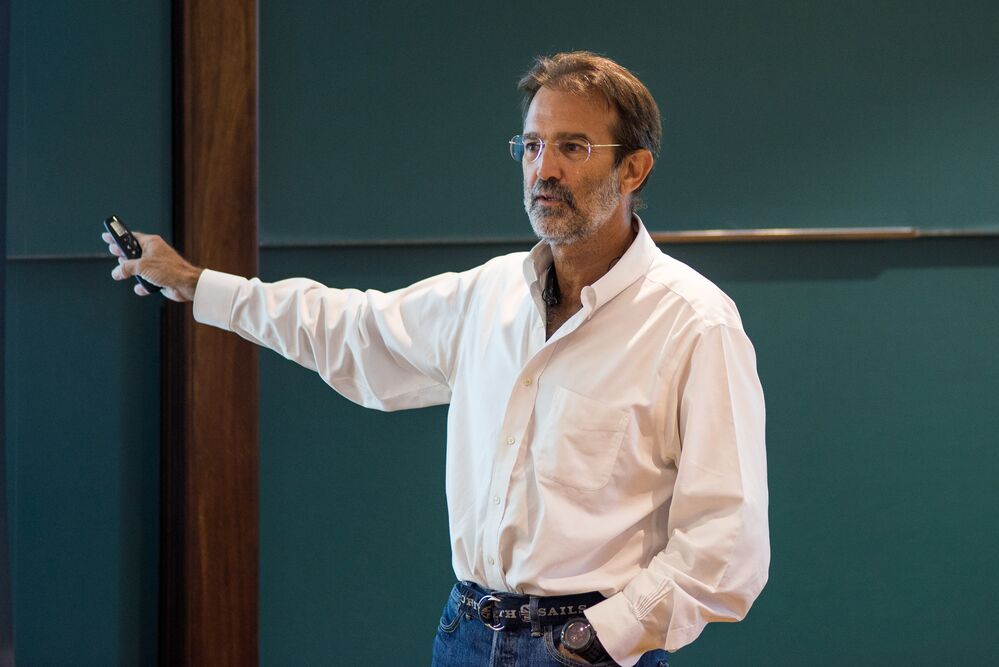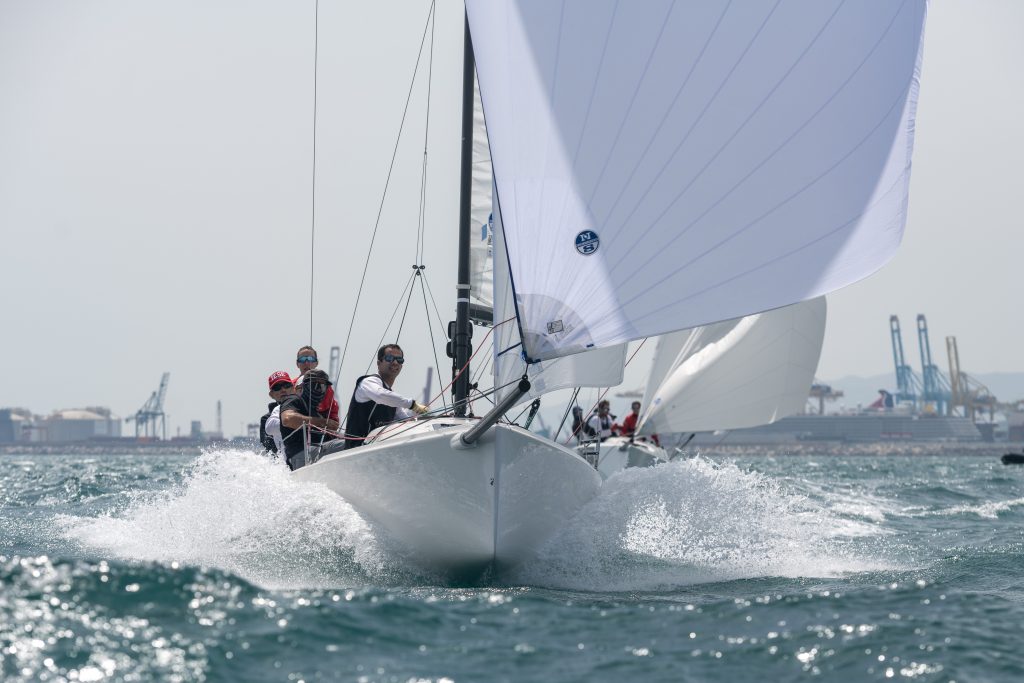Let’s start at the beginning, can you tell us a little bit about your background and how you got to where you are today?
I majored in philosophy and worked at several global firms before joining my family business, Europa Press, a state-wide news agency, in the 80s – I didn’t know it back then, but that was my destiny! The 90s brought the Internet, revealing its disruptive potential in media and beyond. Just before the millennium, we started investing in internet startups through the family business. In 2017 we discovered the Search Fund model and fell in love with it. Since then, we’ve shifted our focus from startups to search funds.
So, tell us a bit about the search fund model
We often use the term ‘entrepreneurship by acquisition’ to describe this model. A search fund is an investment approach where an entrepreneur raises money from investors to buy and run a company. This allows the entrepreneur to take on an active leadership role in the business.
Who is/are the most influential figure/s in your life?
Obviously, my father. He had a plan and was much smarter than me at implementing it. Also, my brother, since we’ve worked together since 2009. My wife, who also has an IESE MBA, In business, I’ve been influenced more by the closest people in my life than by public figures.
At IESE, we aim to develop leaders who will have a deep and lasting impact through their professional excellence and spirit of service. What are your thoughts on the role of entrepreneurship in society?
There’s a lot of focus on impact investing now, which is great. However, I believe all entrepreneurship is inherently impactful. Creating jobs is crucial, especially as employment becomes a growing challenge. Anyone who creates jobs is a hero, making all entrepreneurship a form of impact investing. Simply providing someone with a livelihood is incredible – and that’s the essence of entrepreneurship.
What accomplishment (personal or professional) are you most proud of and why?
As an investor, not an entrepreneur, I’m proud of pioneering investments in alternative assets. We were among the first business angels in Spain, among the first in venture capital funds, and among the first in search fund investing. My biggest accomplishment fuels my next challenge: to continue finding the next new asset class to invest in.
What do you think is going to be the next big thing or trend in venture capital in the next 2 years?
We come from a period of low interest rates and rising asset values, making investing easier a few years ago. Now, with higher interest rates and prices, the macro environment is different. AI has disrupted the landscape, requiring significant investment, data, and computing power, favoring big corporations over startups, who have perhaps lost their most powerful weapon in technology. This shift makes it harder for small businesses to compete with big names like Goggle, Microsoft, Amazon or Apple, and I’m now less inclined to invest in venture capital. Instead, I’m focusing on alternative assets like search funds, as they offer better opportunities in the current market.
What inspires you most about your work in and outside IESE?
Professionally, my challenge outside IESE is finding new asset classes. As a part-time lecturer, I think I gain more than I give. At 64, I am grateful for the challenge of keeping up with 28-year-olds. Students are always the same age, year after year. I find it so inspiring. It pushes me to adapt and makes the experience both attractive and demanding.
Finally, what words of advice would you give to your students or future entrepreneurs?
The best advice I’ve received and can give is: Don’t follow anyone else’s advice! While it’s wise to listen and learn from those with experience, there is nothing worse than making someone else’s mistakes.
I believe everyone should consider entrepreneurship during their lives, but not necessarily right after business school. Find what excites you, gain experience in that field, and then pursue entrepreneurship. This way, you build industry knowledge and skills, increasing your chances of success when launching a startup.
Thank you Luis! Now, for the speed round:
What do you do in your free time?
Sailing. I try to sail as much as possible and would love to do it every day.
Dog, Cat, Parakeet, Goldfish, Pet Rock?
We used to have a dog who passed away, and I’m sure we’ll have a dog again in the future. Right now, our focus is on caring for the older generation that precedes us.
What are you reading, watching, or listening to these days?
My philosophy studies sparked a deep interest in the limits of human knowledge and fueled my fascination with neuroscience and understanding how humans think. I also have a passion for opera. If you ask me about my favorite book or opera, it’s always whatever I’m currently immersed in. I get completely absorbed in whatever I dive into, and that’s a strong trait of mine.
Something that makes you happy
Sailing. My wife says my face changes when I step onto a boat. It’s unique how the sea integrates you with nature. Sailing makes you move at a natural pace, dictated by the sea. I love the conversation I have with the wind as we negotiate during the process. There is nothing quite like it.
Favorite place?
My favorite place has to be, then again, the sea.
Explain venture capital entrepreneurial investing to a 10-year-old.
To create a company, you need ideas, work, and resources. Entrepreneurs have ideas and can work hard, but they need resources. I provide the resources they need in exchange for a small part of their company.



